About Us: Our Story
Pleased to introduce Peter and Susan Fillmore and Jennifer Smith.
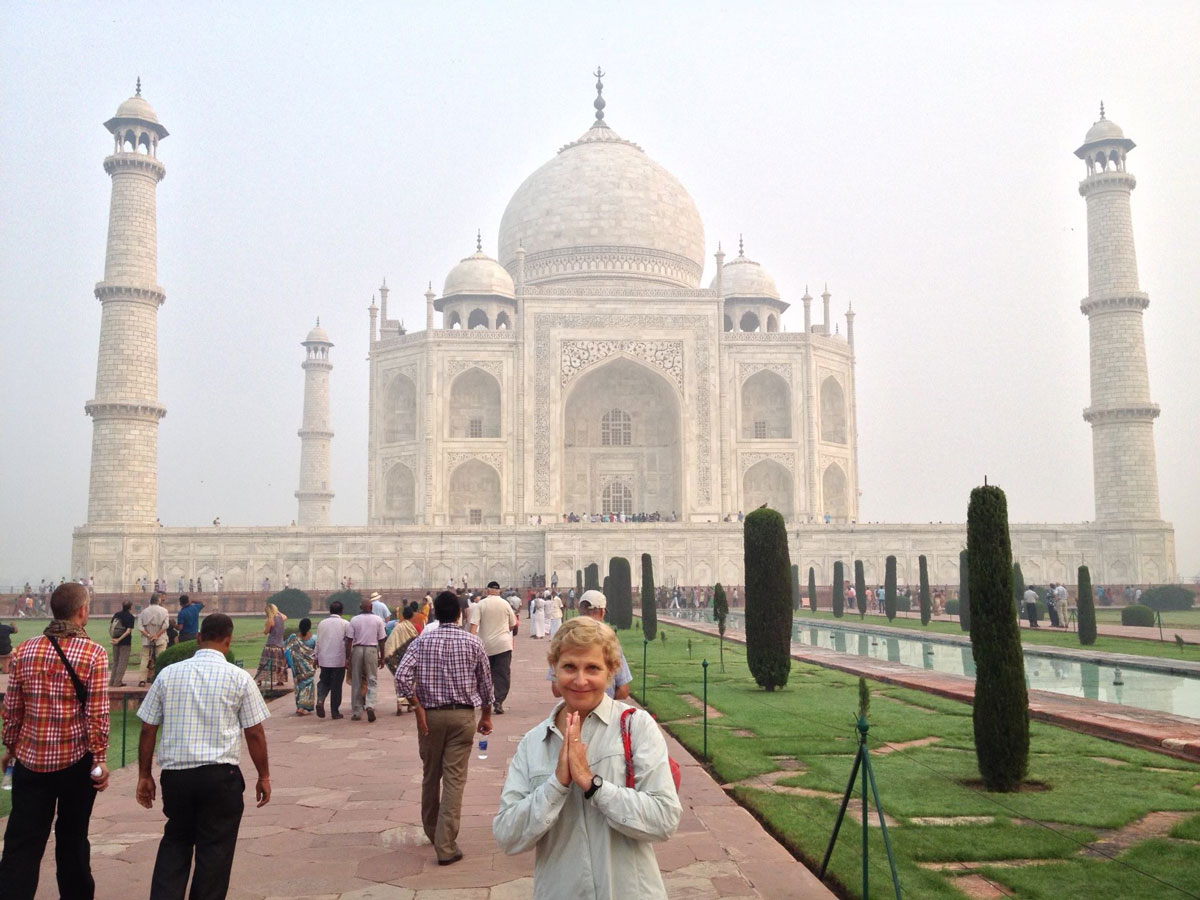
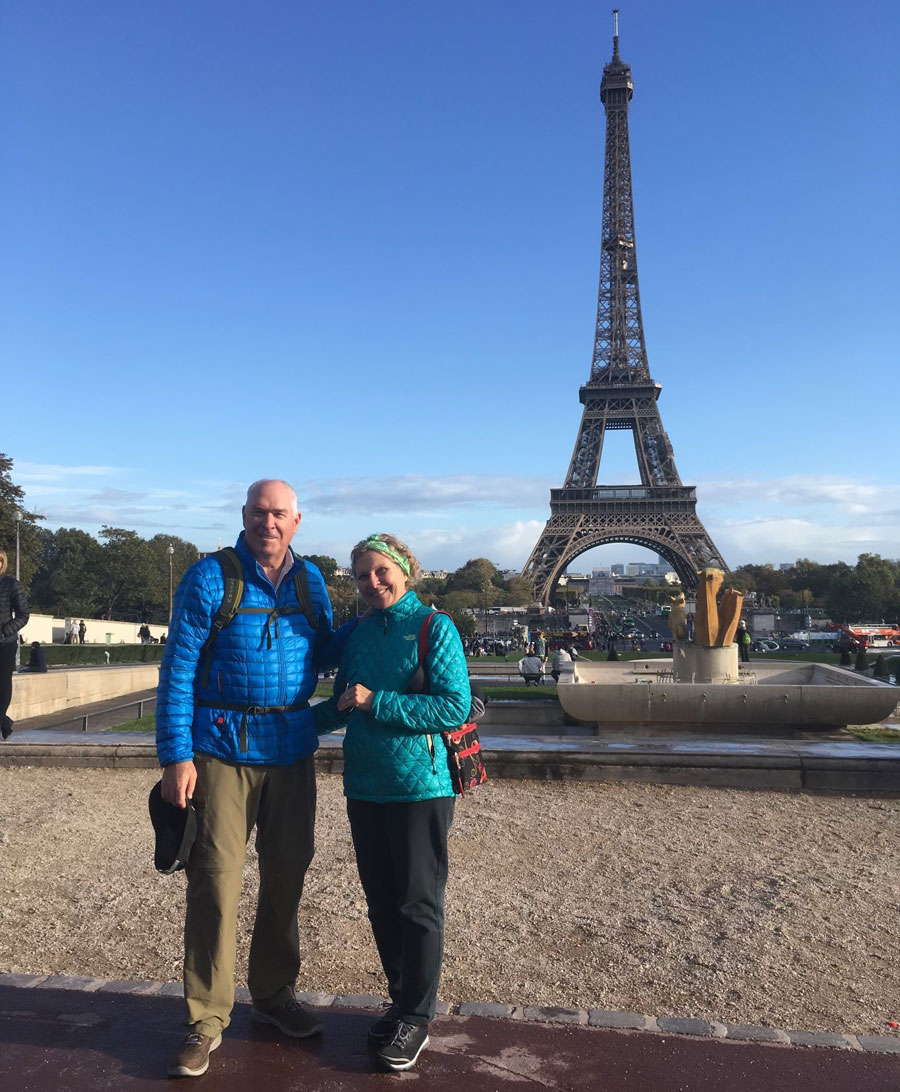
First our history:
Peter and Susan Fillmore (both born May, 1947)
Susie has always been a kind and considerate person. Following graduation from the University of Utah, Susie and I married. After teaching & 7th grade English and writing classes for three years, Susie retired to start our family & raise our three wonderful girls.
Susie was very involved in our children’s school activities and instilled in them a love of education, to treat others with respect, kinkiness and inclusion, love of the outdoors and encouraged and supported sporting endeavors.
During the time that our last daughter was in high school Susie decided a new career was needed and desired, so she went to Court Reporting School – a rigorous, minimum two-year program; Susie finished the course in the minimum two years because of her first-rate listening and writing skills. She earned the degree of Registered Professional Reporter (RPR), joined the National Courts Reporters Association (NCRA) and became a Notary Public in various cities and states.
The degree allowed her to be an independent Court Reporter and take depositions involving Medical, financial and other fields of law. Because of various assignments for my work, Susie and I lived in many locations over a span of 15 + years, and she worked as an independent Court Reporter taking depositions in Colorado, Pennsylvania, Virginia, Maryland and the District of Columbia.
In 2011, both of us noticed it was becoming more difficult and taking greater time to prepare the final drafts of depositions. We approached a leading doctor of neurology in Maryland, at which time an MRI brain scan and a comprehensive neuropsychological evaluation was done. The official diagnosis at that time was Mild Cognitive Impairment.
In December of 2011, we both retired and moved back to Salt Lake City. Once settled, we contacted the University of Utah Neurology Department for continuing care. Another brain scan and testing were done and verified the Mild Cognitive Impairment diagnosis.
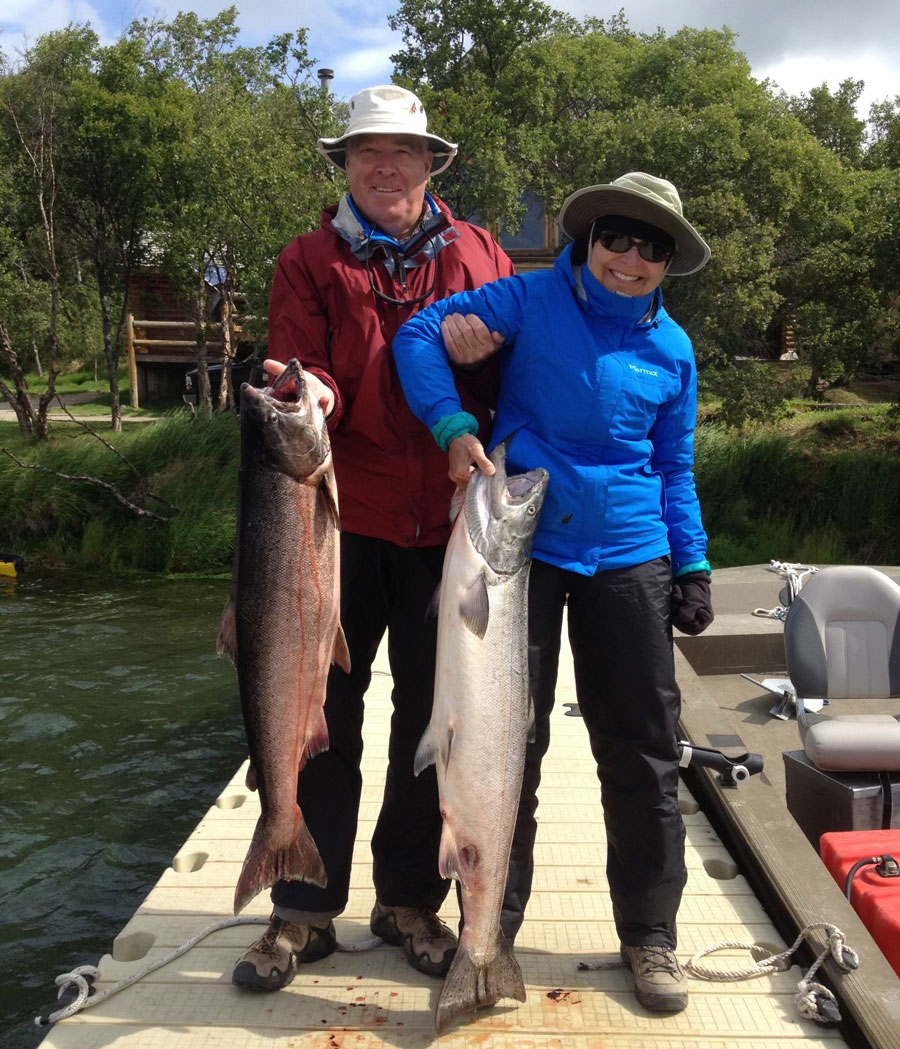
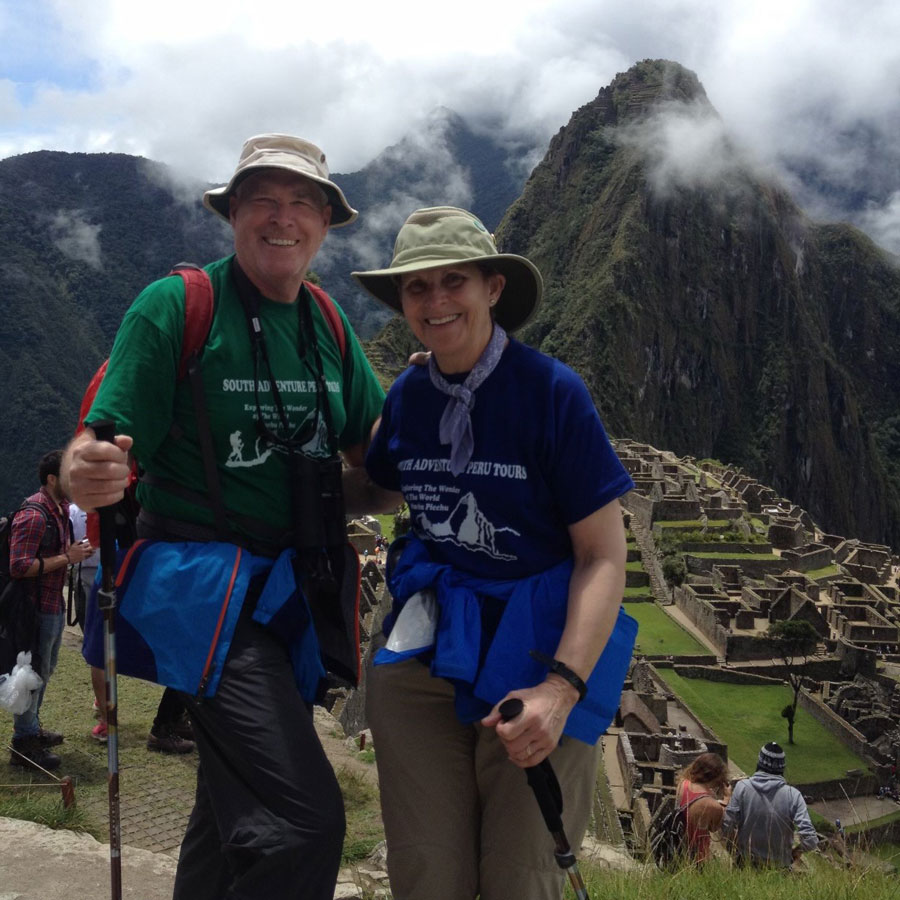
We followed up annually with the University Neurology department. The abbreviated Montreal Cognitive Assessment (MoCA) taken each year indicated further, progressive cognitive slowing. A brain MRI was taken every other year and showed no disease indications. During these years, 2012 – 2018, because of our good health, Susie and I traveled extensively to spend time with our children and grandchildren. Also, we enjoyed at least one trip a year internationally and visited sites to expand our knowledge: trekking Nepal, exploring India, Italy, France, Peru, Alaska, an 8-day rafting trip through the Grand Canyon, and a walking tour of Spain. Travel in the years of 2017 and 2018 was more challenging due to the cognitive decline. However, Sue was a great participant in the moment and loved to see the family and sites wherever we were.
In the spring of 2018, I attended a seminar presented by Sara Weisenbach, PhD, on brain disorders at the University Psychology Department and realized the importance of psychological support in this process, for both Susie and me. The cognitive and physiological tests alone were not providing a holistic way forward for us as partners in this journey. At the conclusion of the seminar I approached Sara and she agreed to facilitate monthly appointments to talk in a more psychological therapeutic atmosphere.
Susie and I attended the sessions with Sara together and found them helpful to just talk openly about our feelings and interact with a supportive professional about the emotional components of the journey. These consistent interactions also enabled a professional to know Susie personally and be able to assess her health and progression of disease. In early 2019, Sara felt Susie’s condition and cognitive abilities should be reassessed by Neurology, and she scheduled us for an appointment with the head of University of Utah Neurology Department.
In March of 2019, another brain MRI was done, which led to the diagnosis of Alzheimer disease. Thus began a new chapter in our lives.
At the time of that diagnosis, we were introduced to Melissa Mauchley, the Family Support Advisor/ Clinical Social Worker within the Neurology department at the University. With the help and guidance of Melissa, I initiated a conference call with our three adult children to explain the current situation. In addition, an in-person meeting was scheduled with my siblings and their partners so that they understood what was transpiring. Susie was not present in either of these meetings so that everyone could openly express their feelings,thoughts, and support. These meetings were very positive and meaningful as they started the path to transparency and being on a supportive journey as a family.
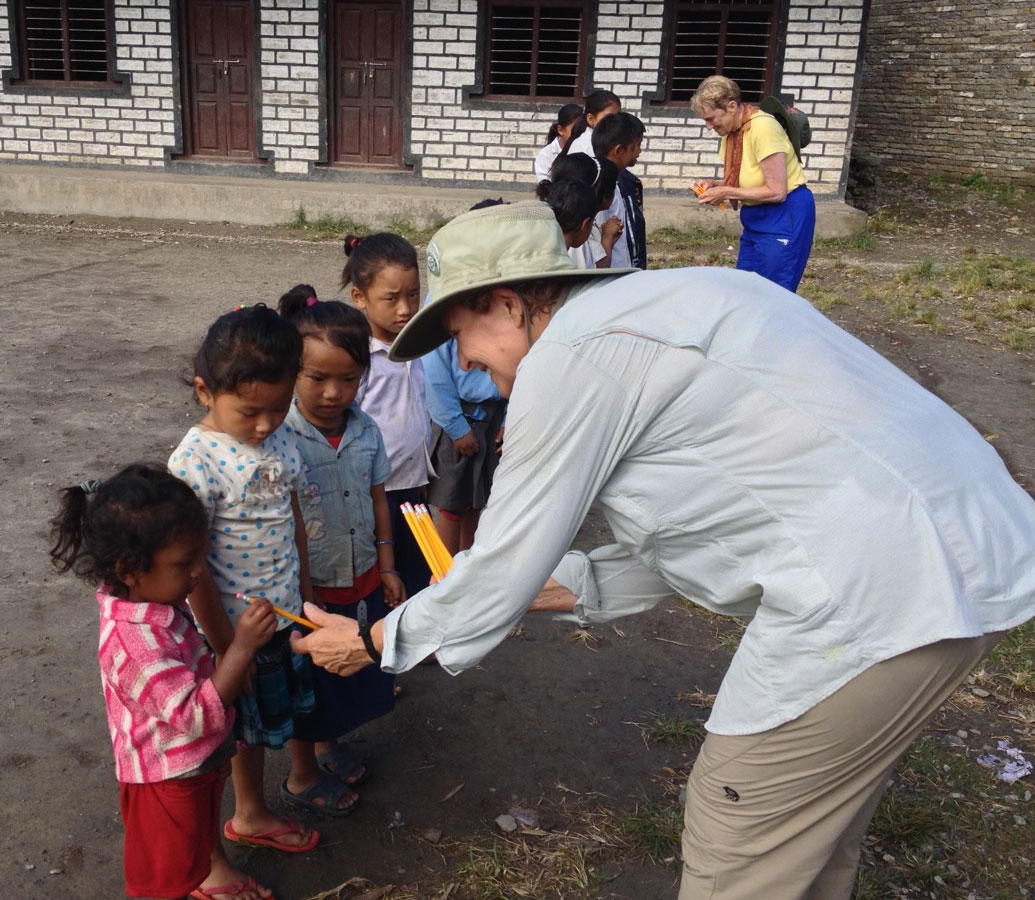
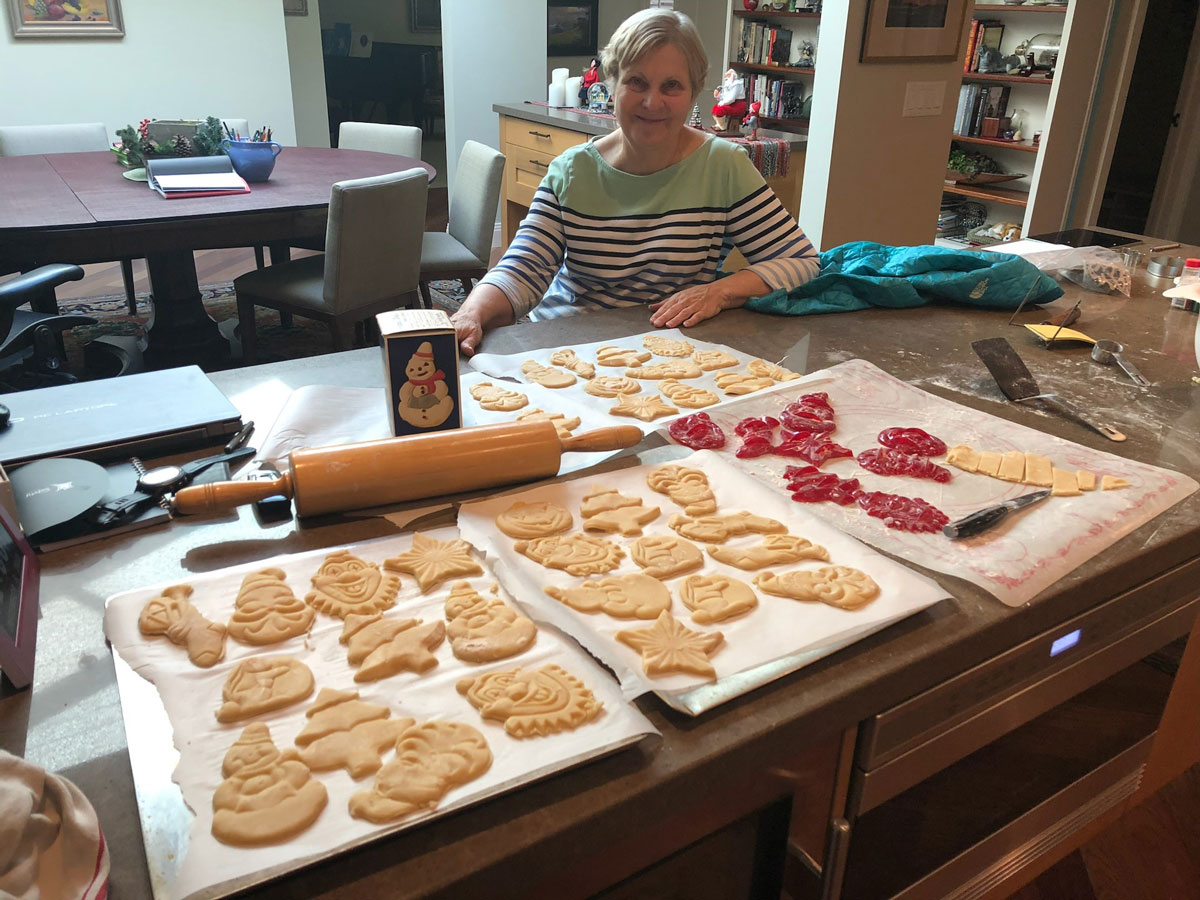
Over time, I have established a team to help give advice, support and balance to the everyday living for both Susie and me. In addition to Melissa, the team includes: a personal psychologist for me, a new medical doctor, for Susie, who has a certification in Geriatrics, and Jennifer Smith, a professional Care Partner, who has had tenured experience throughout the cycles of Dementia.
In addition to the medical / caregiving resources, it is critical to work with financial experts, legal professionals and a trusted accounting team to ensure that all the appropriate strategies and proper paperwork for the future are in place. These steps cannot be put off, especially if the patient has traditionally been in charge of these areas.
I meet with Melissa and my psychologist quarterly, and Susie and I meet with our medical doctor quarterly. Jennifer provides a stimulating environment – and care partner support for Susie on a daily basis in our home. Great trust, respect and love is shown between Susie and Jennifer. Jennifer has been a mentor to me and our family and allows me the needed respite time.
As of 2023, Susie remains at home and in good, overall health, with a cooperative disposition. She cannot be left alone and requires help in daily tasks, including dressing, bathing, grooming, and eating. Measures have been taken at home to address falls and wandering. Jennifer works approximately 30 hours a week, and we have established a good daily routine that is flexible to accommodate Susie’s needs. With Jennifer’s support and ability to work 24/7 when needed, Peter has been able to take three-to-four day trips to visit family in the past year, which have provided great respite and fun. Each of our daughters, individually or with the grandkids, has been able to visit us at home throughout the year.
The duties as the primary caregiver have and will continue to increase. Establishing a routine, being flexible to accommodate medical and emotional needs, and prioritizing my health and happiness are important parts of the care Susie recieves.In addition, we are planning for future care to include additional caregiver support and hospice support as the disease progresses.
Susie passed away peacefully at home on September 17, 2024.
Although Susan lived the last several years with declining cognitive ability, she was a trooper and loved to be present and engaged with everyone. Above all, Susan never lost her emotional connection with family and friends: always a smile, a firm grip of your hand, a kiss on the cheek or a gentle head bump to acknowledge your presence and love for you.
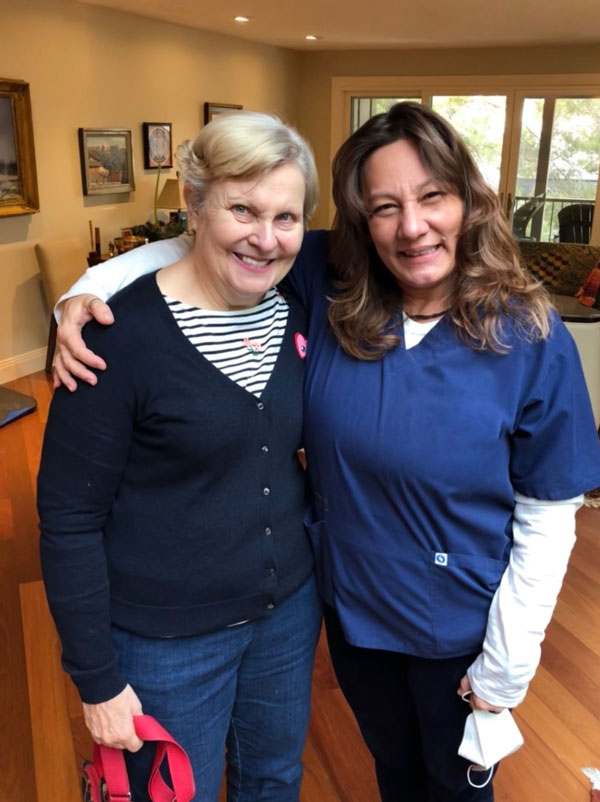
Introducing Jennifer Smith
In-Home Caregiver
Jennifer Smith is a compassionate, IN-Home Caregiver with over 20 years of experience providing exceptional care for the elderly, individuals with dementia, and those on hospice. Based in Utah, Jennifer has primarily worked as a self-contracted caregiver, and demonstrates fully her dedication and commitment to her profession.
Throughout her career, Jennifer’s true passion has been to educate non-medical caregivers to establish safer and more nurturing environments for their loved ones. She firmly believes that proper education and support can significantly enhance the caregiving experience and positively impact the lives of both caregivers and those receiving care.
Jennifer’s commitment to continuous learning is evident through her active participation in numerous conferences and support groups focused on caregiving and dementia. By staying informed and connected within her professional community, she remains up-to-date with the latest advancements and best practices in the field.
In her work, Jennifer often reflects on the words of former First Lady Roselynn Carter, who established the Rosalynn Carter Institute for Caregiving with the premise “There are four kinds people in this world: those who have been caregivers, those who are currently caregivers, those who will be caregivers, and those who will need caregivers.” This profound insight reinforces Jennifer’s belief in the interconnectedness of humanity and the importance of extending compassion and support to one another. (Of note, Rosalynn has been the caregiver for her husband, former President Jimmy Carter, and this spring, 2023, Rosalynn was diagnosed as living with dementia, and thus will herself need caregivers.)
Jennifer embraces the philosophy of ubuntu, an Nguni Bantu term that encapsulates the concept of shared humanity. She resonates with its translation, “I am because we are,” which recognizes that our actions and care for others define our existence and collective well-being. This guiding principle underlies Jennifer’s approach to caregiving and her unwavering commitment to creating a more compassionate and understanding world.
Jennifer is an excellent resource to assist with strategies from staging of your home, developing routines that are flexible and coaching caregivers how to deal with specific behavioral manifestations.
